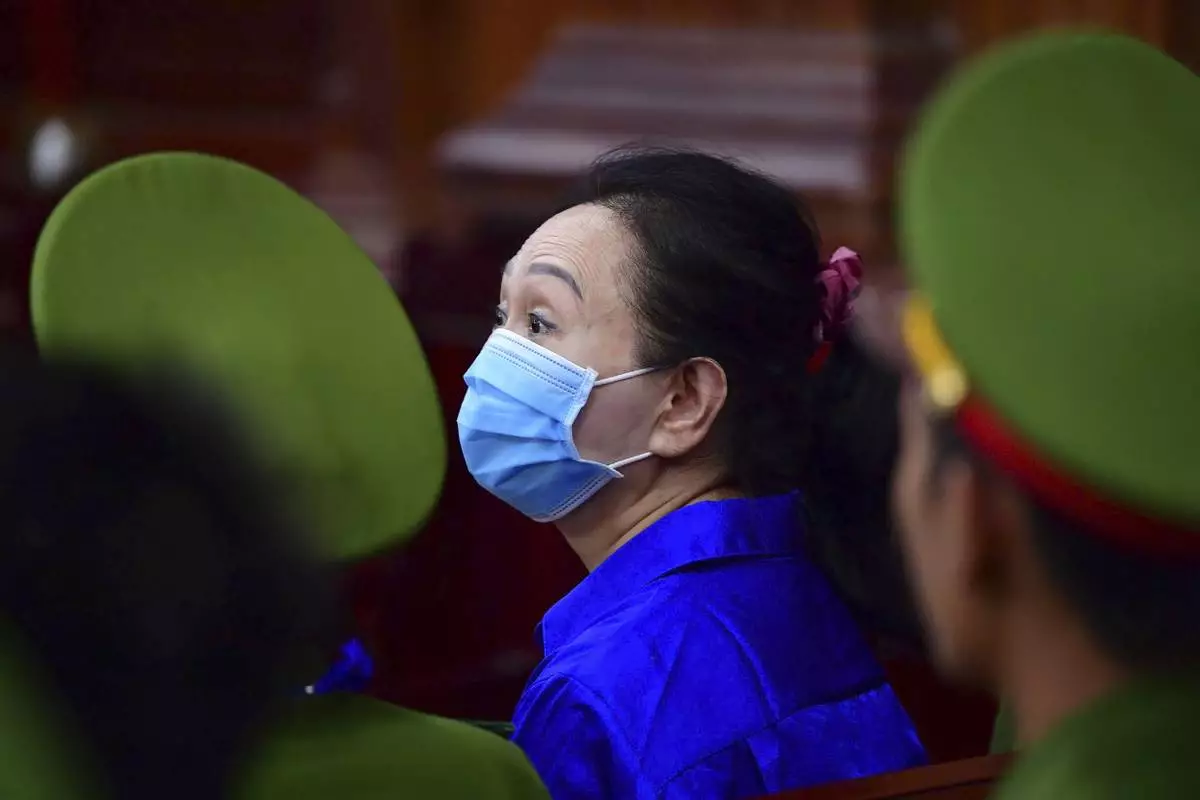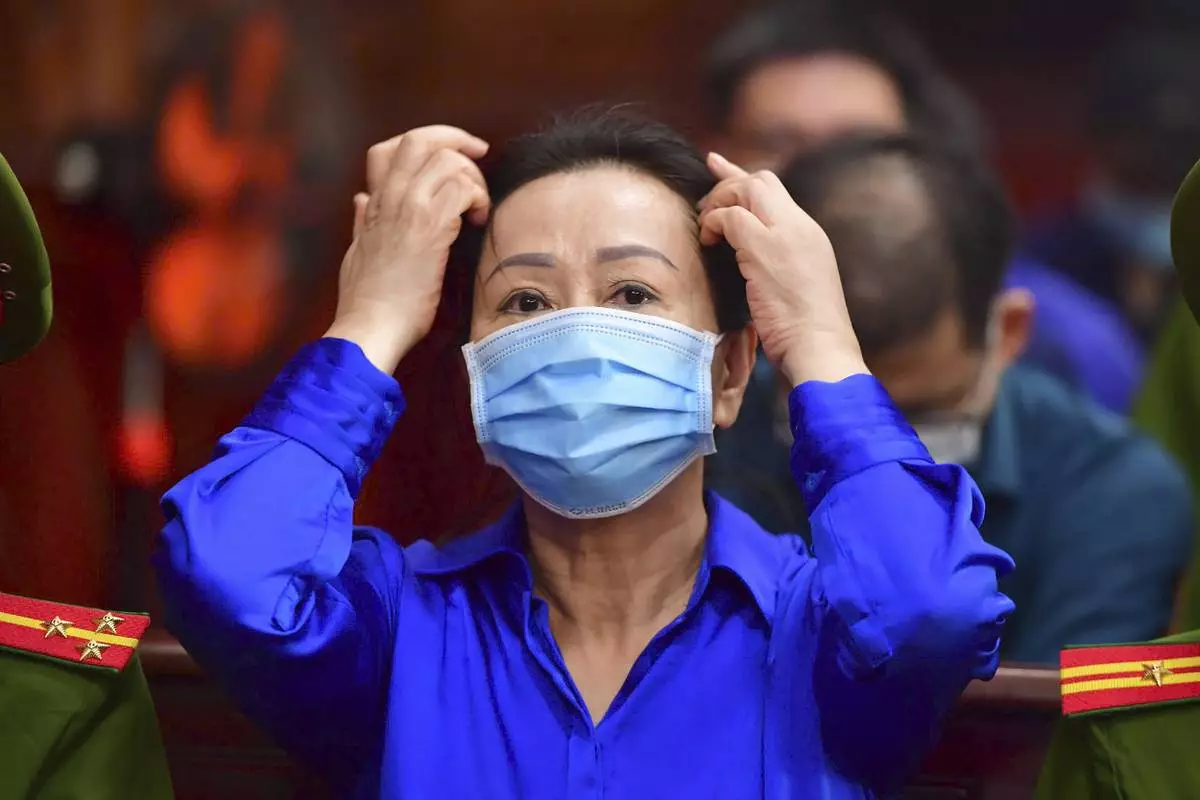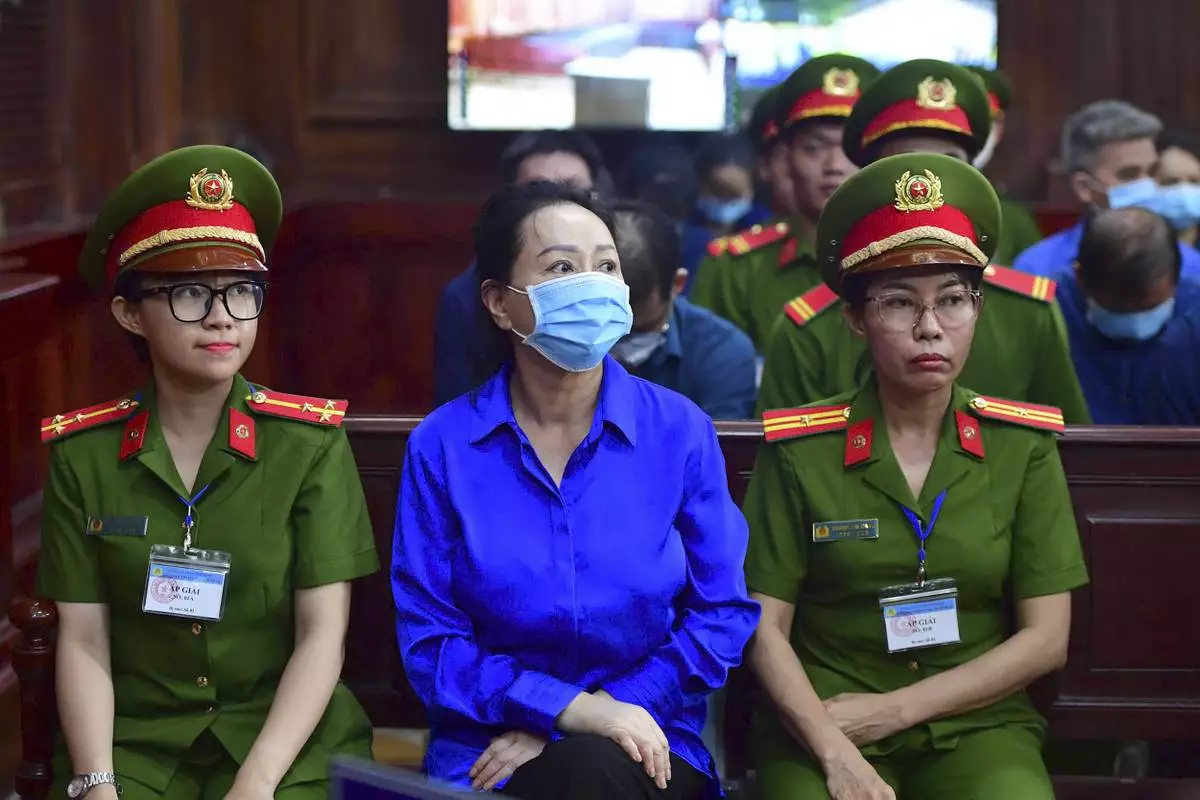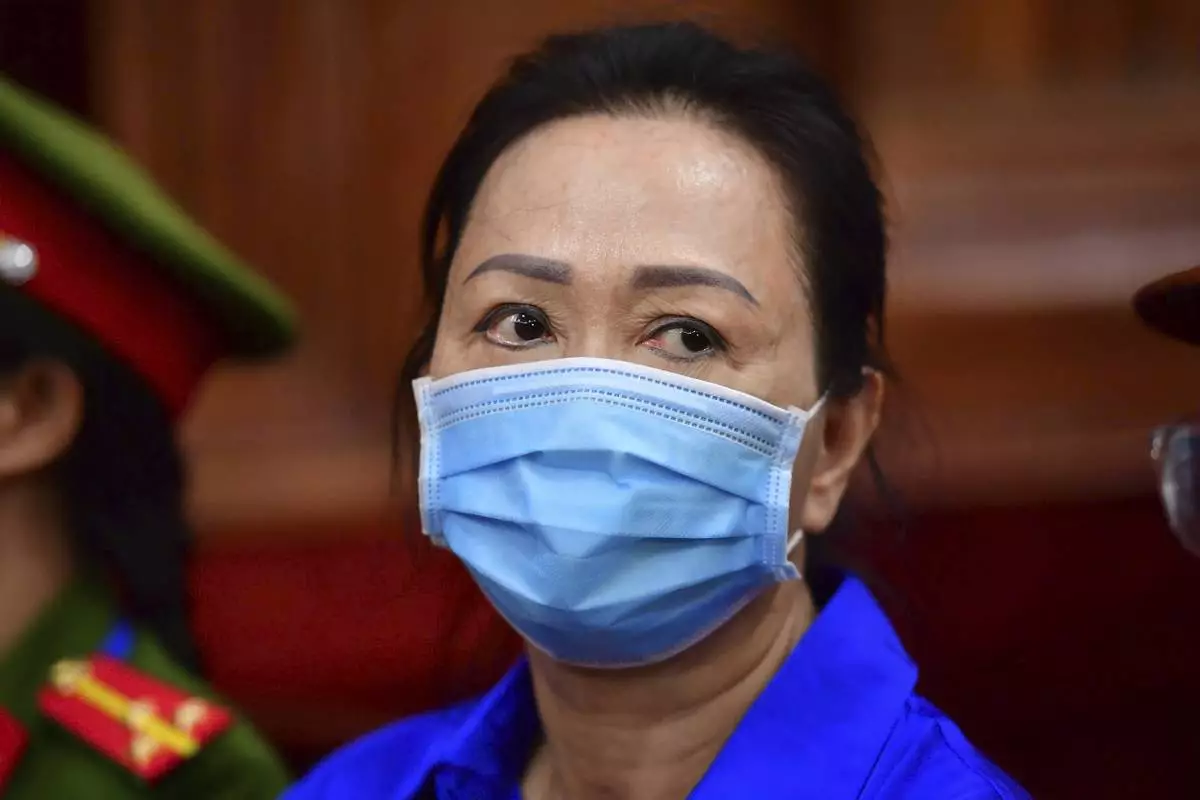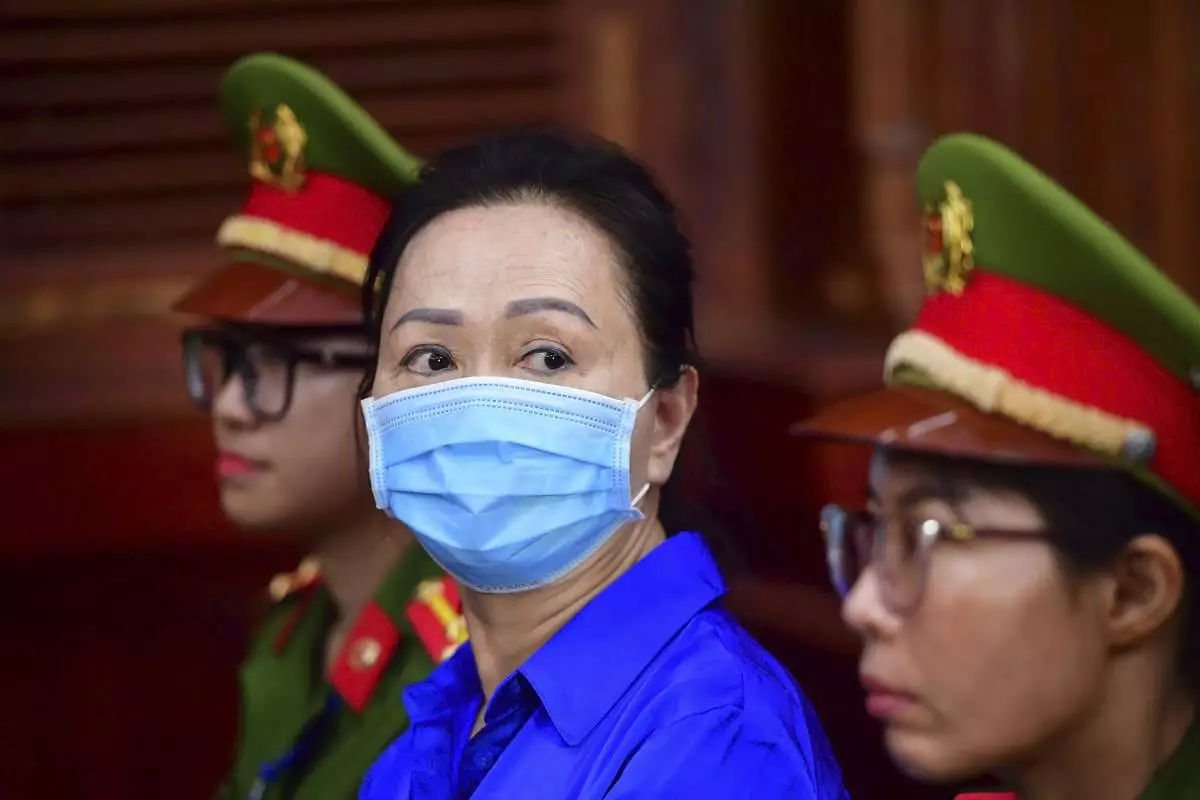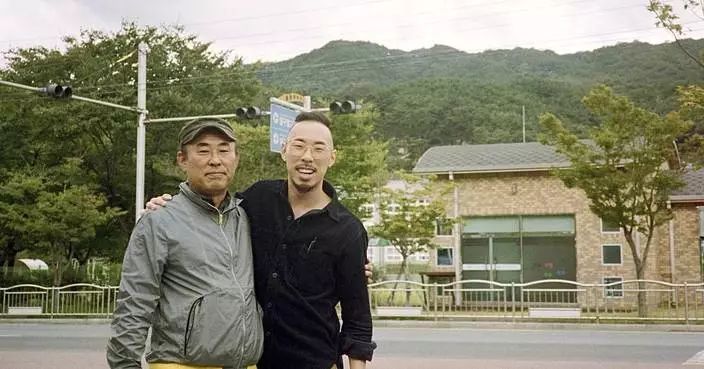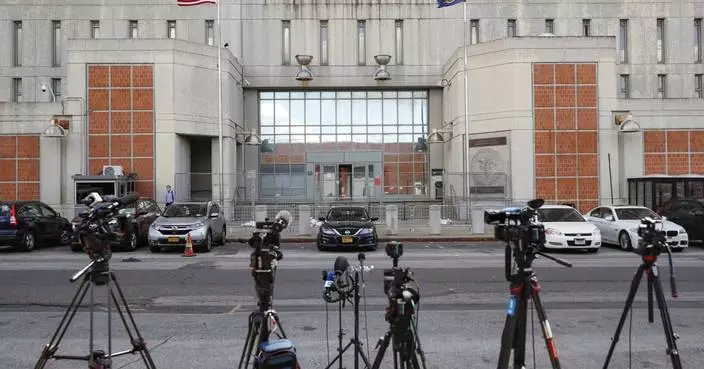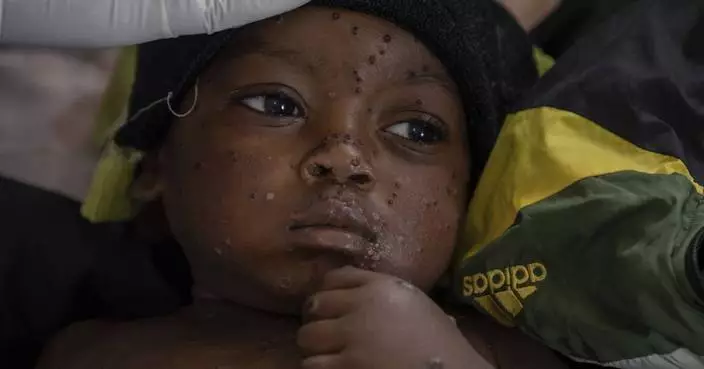TBILISI, Georgia (AP) — Georgia’s parliament on Tuesday approved sweeping legislation that curtails LGBTQ+ rights, a measure that echoes laws adopted in neighboring Russia.
The bill, introduced by the ruling party Georgian Dream earlier this year, includes bans on same-sex marriages, adoptions by same-sex couples and public endorsement and depictions of LGBTQ+ relations and people in the media. It also bans gender-affirming care and changing gender designations in official documents.
The Orthodox Church wields great influence in Georgia, and demonstrations against the LGBTQ+ community are common. Last year, hundreds of opponents of gay rights stormed an LGBTQ+ festival in the Georgian capital, forcing the event’s cancellation. This year, tens of thousands marched in Tbilisi to promote “traditional family values.”
“Traditional family values” are also at the cornerstone of the Kremlin's narrative in Russia, where authorities in the last decade banned public endorsement of “nontraditional sexual relations” as well as laws against gender-affirming care, among other measures. Its Supreme Court effectively outlawed LGBTQ+ activism by labeling what the authorities called the LGBTQ+ “movement” operating in Russia as an extremist organization and banning it.
The new initiative was announced by Georgian Dream after the country in June adopted the “foreign influence” law that critics also denounced as borrowed from Moscow’s playbook. The measure requires media and nongovernmental organizations to register as “pursuing the interests of a foreign power” if they receive more than 20% of their funding from abroad.
That measure ignited weeks of protests and was widely criticized as threatening democratic freedoms and jeopardizing Georgia’s chances of joining the European Union. The South Caucasus nation of 3.7 million formally applied to join in 2022, after Russia’s full-scale invasion of Ukraine, but the bloc halted its accession in response to the “foreign influence” law and froze some of its financial support. The United States imposed sanctions on dozens of Georgian officials in response to the law.
The anti-LGBTQ+ bill was approved on its third and final reading, with 84 of 150 lawmakers voting for it. It now must be signed by President Salome Zourabichvili. Zourabichvili, who has been at odds with the ruling party. She can veto the bill, the same way she vetoed the foreign influence law, but the parliament, dominated by Georgian Dream, can override her and adopt the legislation regardless.
Georgia's constitution states that “marriage is based on the legal equality and free will of the spouses” but does not explicitly ban same-sex marriage, and the country’s civil code clarifies that marriage is a “voluntary union between a man and a woman.” The new legislation by the ruling party, which does not have the votes to change the constitution, contains a more explicit ban and is seen as a populist step to win the support of marginal groups.
Georgia will hold a parliamentary election on Oct. 26, with the ruling party seeking to retain its dominance.
Georgian Dream was set up up by Bidzina Ivanishvili, a shadowy billionaire who made his fortune in Russia and served briefly as Georgia’s prime minister in 2012. It promised to restore civil rights and “reset” relations with Moscow, which fought a brief war with Georgia in 2008 over the breakaway province of South Ossetia. Russia then recognized the independence of South Ossetia and another breakaway Georgian province, Abkhazia, and established military bases there.
Many Georgians backed Ukraine as Kyiv battled Russia's invasion in 2022. But the Georgian government abstained from joining sanctions against Moscow, barred dozens of Kremlin critics from entering the country, and accused the West of trying to drag Tbilisi into open conflict with Russia. The opposition has accused the ruling party of steering the country into Russia's orbit at the detriment of its European aspirations.
—-
Litvinova reported from Tallinn, Estonia.

FILE - Police detain a Georgian opponent of gay rights who was shouting anti-LGBT festival slogans and tried to interfere a pride party in Tbilisi, Georgia, Saturday, July 8, 2023. (AP Photo/Zurab Tsertsvadze, File)

FILE - Police block Georgian opponents of gay rights as they try to interfere a pride party in Tbilisi, Georgia, Saturday, July 8, 2023. (AP Photo/Zurab Tsertsvadze, File)



